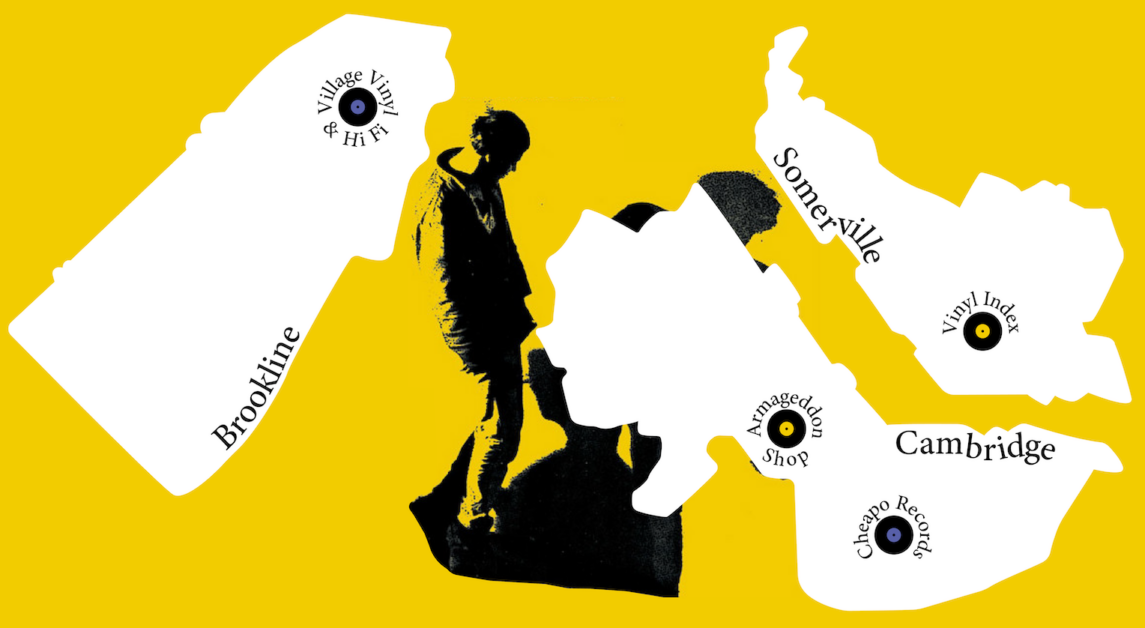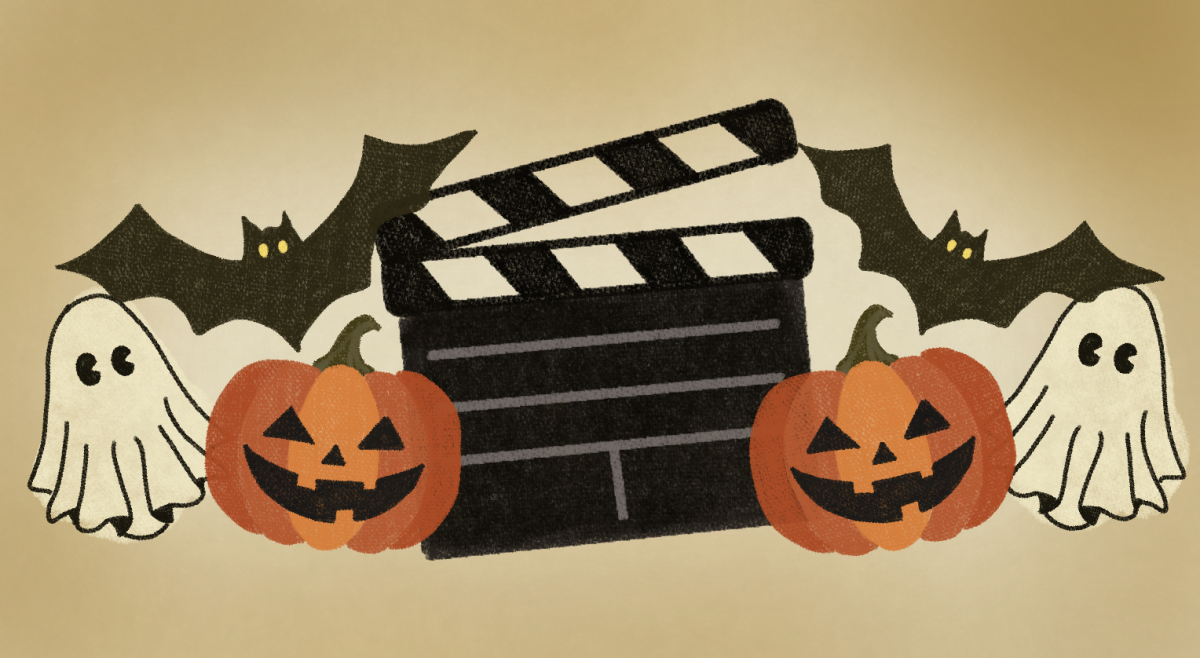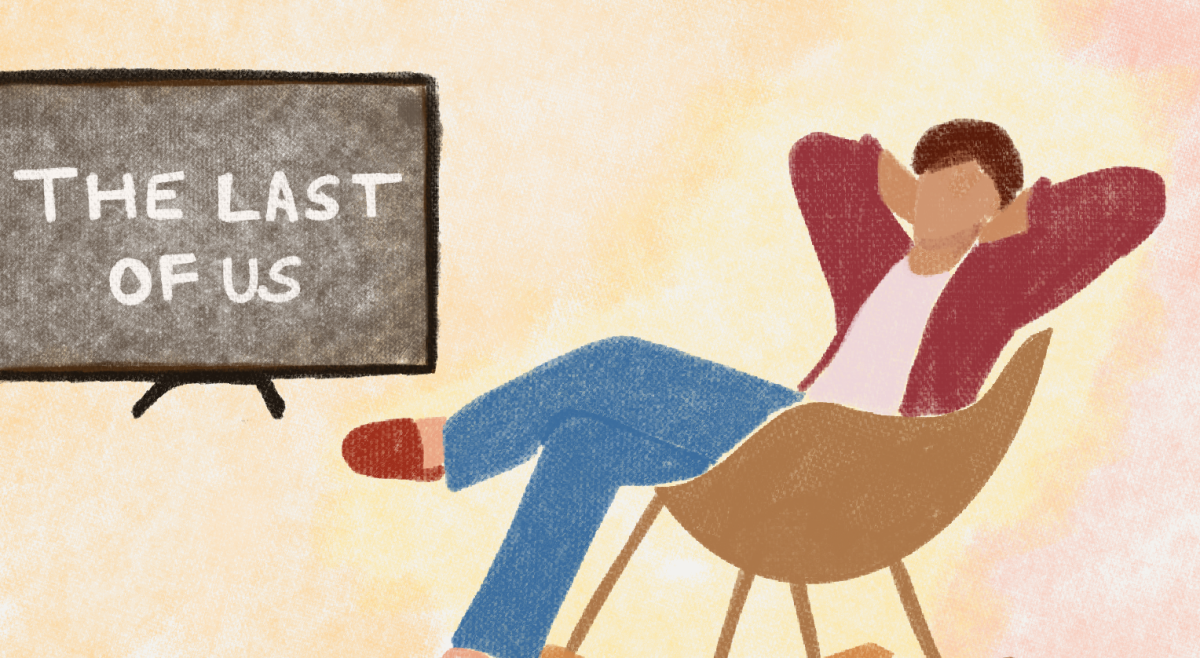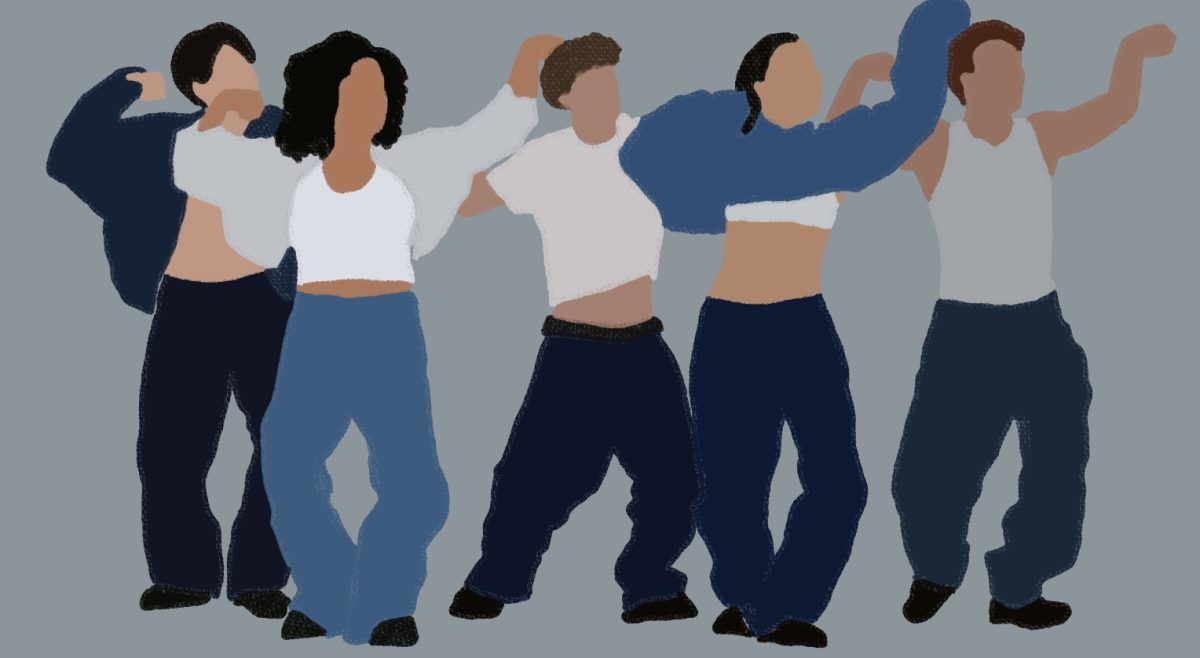I recently rediscovered The Flaming Lips’ The Soft Bulletin album. Their music, a juxtaposition of existential lyrics and child-like chord progressions, leaves me with the same wistful and bittersweet feeling I had when I first listened to it as a child. The next day, I took a solo trip on the train in search of a hard vinyl copy of what I believe to be one of the best experimental albums of the ’90s.
Initially that morning, I felt it was easiest to pinpoint directions to Newbury Comics, whose Newbury Street location holds thousands of vinyl records and CDs. Though by the time I returned home that night, I knew I had made the right decision to look elsewhere. I traded the reliability of Newbury Comics for a trip to local record carriers, one that took up most of my Saturday.
The Soft Bulletin, while it stands as one of the more well-known albums by The Flaming Lips, is widely still obscure in the stream of ’90s experimental music, overshadowed by the towering legacies of Radiohead’s OK Computer and Neutral Milk Hotel’s In the Aeroplane Over the Sea.
In the clutter of used records I dove into at each store, I found the search akin to looking for a needle in a haystack. I began in Somerville at vinyl index. The nonsensical lyrics of my favorite track on The Soft Bulletin, “Race for the Prize,” played in my head.
“Upwards to the vanguard / Where the pressure is too high / Under the microscope / Hope against hope,” sings the band’s founding member and musical jack-of-all-trades Wayne Coyne.
With the sun already set, the crowded Bow Market in Union Square was lit up with outdoor dining heat lamps and quaint second-story boutiques. Vinyl index stuck out with sleek white modernity, interposed with white file boxes of records. Bow Market diners window-shopped the collections, and some trickled in when they recognized albums.
Vinyl index did not discriminate between genres, and it proved to be a store for musical adventurers rather than deterministic listeners looking for their cemented and canonical favorites, like me. I was disappointed by the selection’s lack of classic options (and lack of The Flaming Lips).
Not finding what I was looking for, I scanned their rich movie soundtrack file box, locating the tracklist backs of David Lynch’s Blue Velvet and Serpico with Al Pacino, whose scores I refreshed myself with before heading out of the store empty-handed.
I walked through Harvard Square and passed by students in crimson gear enduring the cold so they could be seen reading outdoors by others. The low footstep beats of The Flaming Lips’ “What Is the Light?” escaped through my AirPods.
Entering Armageddon Shop, my morale was low. The store made no effort to disguise itself from being the basement of a Harvard Square apartment building. As much as I wanted to hold The Soft Bulletin’s vinyl in my hands, the selection at Armageddon Shop was daunting in its disarray.
I released a large sigh before beginning to comb through each record in the store’s vast collection. My eyes grew weary of reading titles, and I began to question whether I was much of a record collector at all. With the shop largely empty, I felt the store employee’s inquisitive stare, pondering what I may be looking for. The store was oppressively Mötorhead, macerating the airy, existential space rock of The Flaming Lips.
My desperations were met with a recommendation to look in the indie section, spanning some arrangement of Armageddon’s shelves, which I exited after a brief browse. The universe of The Flaming Lips played a certain melody in my ears that deals in absurdity and plays instruments with its color.
I made my way to the red line while Coyne spluttered the ostinato to “Feeling Yourself Disintegrate.” It lends itself as a close cousin to beatboxing, with a perplexing salivating generation.
“But life without death is just impossible / Oh to realize something is ending within us / Feeling yourself disintegrate / Feeling yourself disintegrate,” Coyne sings.
Cheapo Records, adjacent to Central Square’s The Middle East Restaurant and Nightclub, was preoccupied with a near-propagandist hosting of Comfort Colors merchandise all featuring the large graphic faces of bands I wish I had the original tees of. Half the store was thrift, arming Central Square with another competitor to Goodwill and Boomerangs.
In the non-clothing section of the store, Cheapo Records offers new releases on vinyl and CD, including the Pixies’ new album, of which I longed to write a sympathetic review of. Nonetheless, there was no sign of The Soft Bulletin.
Next, I again found myself on the Green Line, and I stepped off in Brookline at my last stop, Village Vinyl & Hi Fi.
The shop owner gave a slight nod hearing the door ring open but did not take his eyes off the vinyl he was scrutinizing as I entered. Immediately, Village Vinyl & Hi Fi took my heart. I was not sure whether it was the large selection of ’90s hits or the haunting photo of oldies rock legend Roy Orbison, a specter that hung center of the store.
I roamed the store past its closing time, unacknowledged by the owner who was taking inventory in silence. A half hour passed of checking and rechecking the same stock looking for The Flaming Lips. I scoured the artists sections that comprised “T,” “F,” and “L” names, as well as the rock, indie, and alternative rows.
Giving up, and half-heartedly holding a record by The Doors in my hand, I crept up to the CD selection, and immediately spotted The Soft Bulletin. The beat generation writer and counterculture icon Neal Cassady danced on the album cover, chasing his LSD shadow.
I quickly realized that the store had closed and purchased my items. I walked toward Coolidge Corner station and noticed that I had failed my original mission to find the album’s vinyl edition instead of a CD copy. To my surprise, this realization was blunted and instantly subsided.
I then began to smile, having remembered that I enjoy CDs much more.
I must’ve forgotten.













